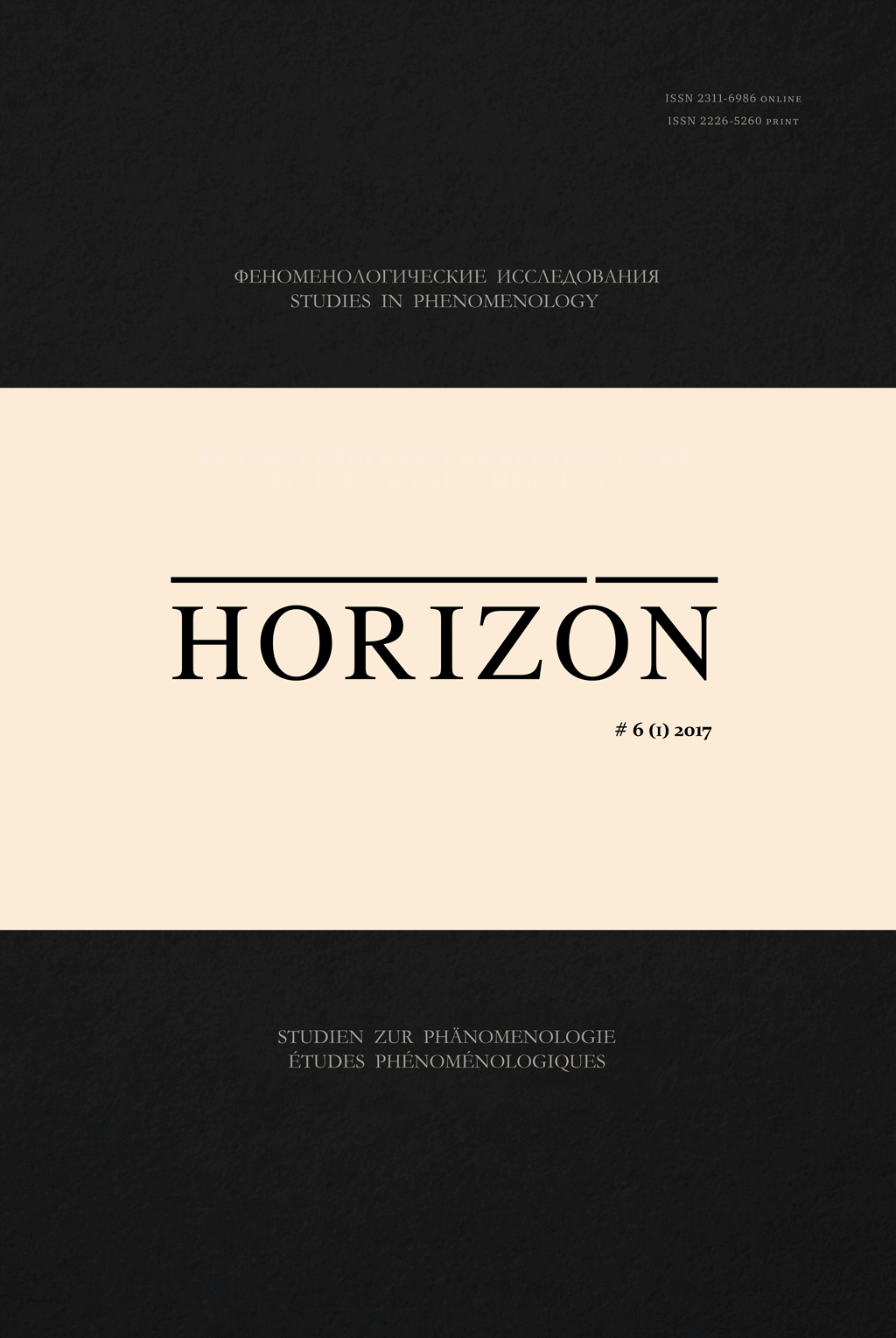ДЕИСТОРИЗАЦИЯ И ИСТОРИЧНОСТЬ В ФИЛОСОФИИ «РАННЕГО» МАРКУЗЕ
DEHISTORIZATION AND HISTORICITY IN THE PHILOSOPHY OF THE “EARLY” MARCUSE
Author(s): ALEXEY SAVINSubject(s): Social Philosophy, Marxism, Phenomenology, Philosophy of History
Published by: Издательство Санкт-Петербургского государственного университета
Keywords: Historicity; dehistorization; phenomenology; Marxism; Heidegger; Marcuse; space;
Summary/Abstract: The article aims to explain the connection of Marcuse’s concept of dehistorization with his interpretation and criticism of the Heideggerian concept of historicity. Dehistorization inMarcuse’s philosophy, according to my tentative definition, is the kind of transformation of the creative social forces and human abilities denying an existing reality that makes them elements of the mechanism producing and reproducing the existent reality, and thereby makes them a manner of repression of the human striving for freedom and happiness and a way to perpetuate domination. According to Marcuse, dehistorization is the main form of reproduction of the false totality. The idea of dehistorization is the prevailing critical concept in Marcuse’s philosophy. It appears in the course of his criticism of fascism. The basis of the formation of the dehistorization concept is Marcuse’s criticism and interpretation of Heidegger’s conception of historicity during his “Heideggerian Marxism” period (1928–1933). This Heideggerian conception is the ultimate achievement of contemporary philosophy. The ultimate character of this achievement is given to it,according to Marcuse, that it treats history from the viewpoint of being in contrast to Hegel’s idealistic dialectics and German historicism of the 19th century, which interpreted it from the viewpoint of consciousness or the spirit. There are four main tendencies in Marcuse’s criticism and transformation of Heidegger’s conception of historicity. 1. The deformalization of Heidegger’s treatment of historicity of Dasein. The explanation of the material substance of historicity, i.e. the explanation of the material character of conditions of human existence (Dasein) as the definitive feature of historicity. 2. The concretization of Dasein, its treatment not as an individual, but as a class in view of substantial differences of the environment (Umwelt), material conditions of its existence. 3. Following from both the deformalization of historicity and the concretization of Dasein — the rehabilitation of the “being-with” (Mitsein) and the public sphere (Mitwelt), and,thereby, of the space of political struggle as the sphere of authenticity. 4. The disclosure of the fundamental role of the phenomenologically considered spatiality (Räumlichkeit) in the constitution of concrete historicity, i.e. historicity determined by the material, social and political character of Dasein and the world. Marcuse’s interpretation and criticism of Heidegger’s conception of historicity and his criticism of dehistorization based on it paves the way to his ontological interpretation of Marxist dialectics as the method of the struggle against dehistorization and false totality and as the only truly revolutionary way of thinking.
Journal: Horizon. Феноменологические исследования
- Issue Year: 6/2017
- Issue No: 2
- Page Range: 191-225
- Page Count: 35
- Language: Russian

